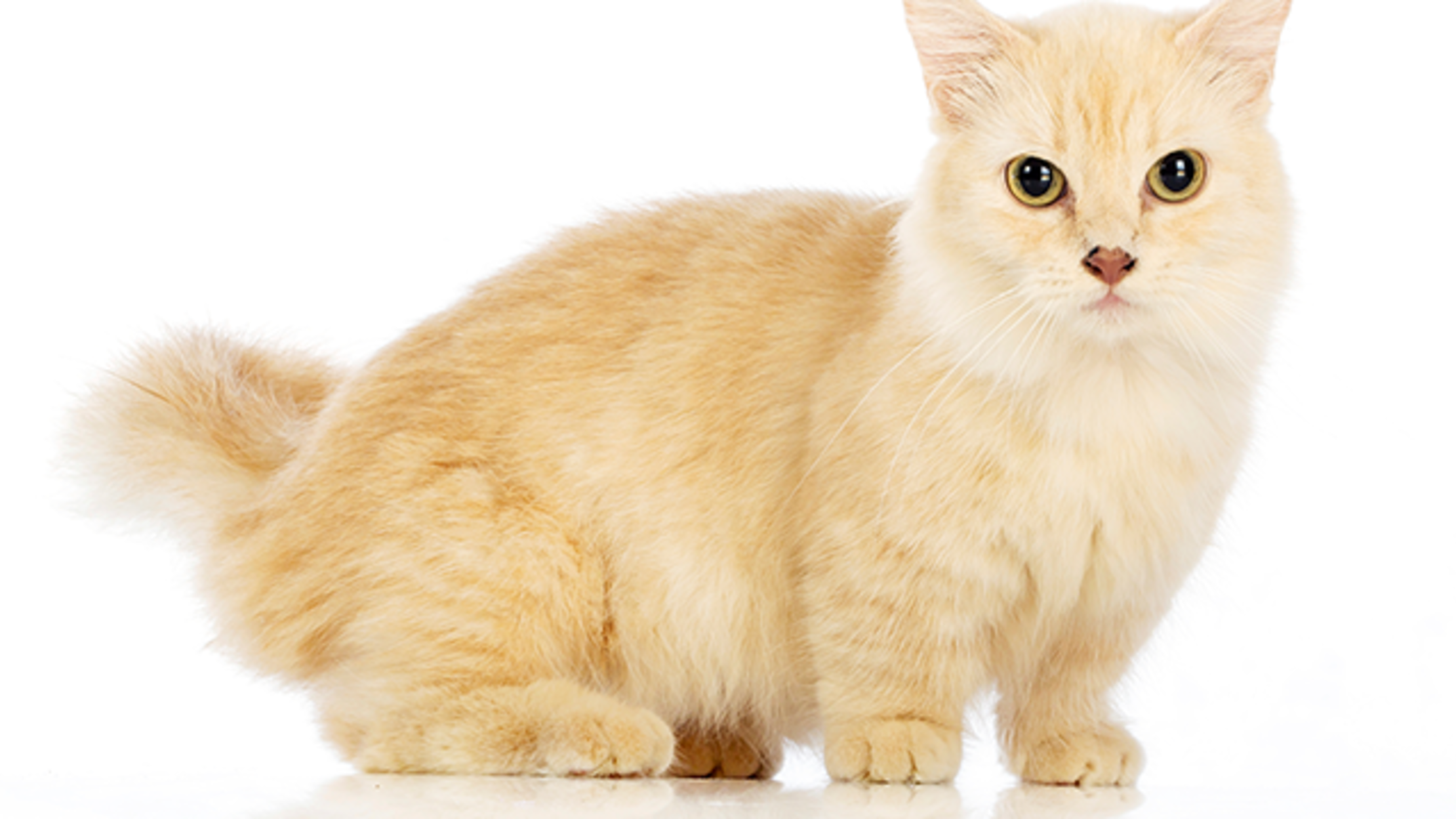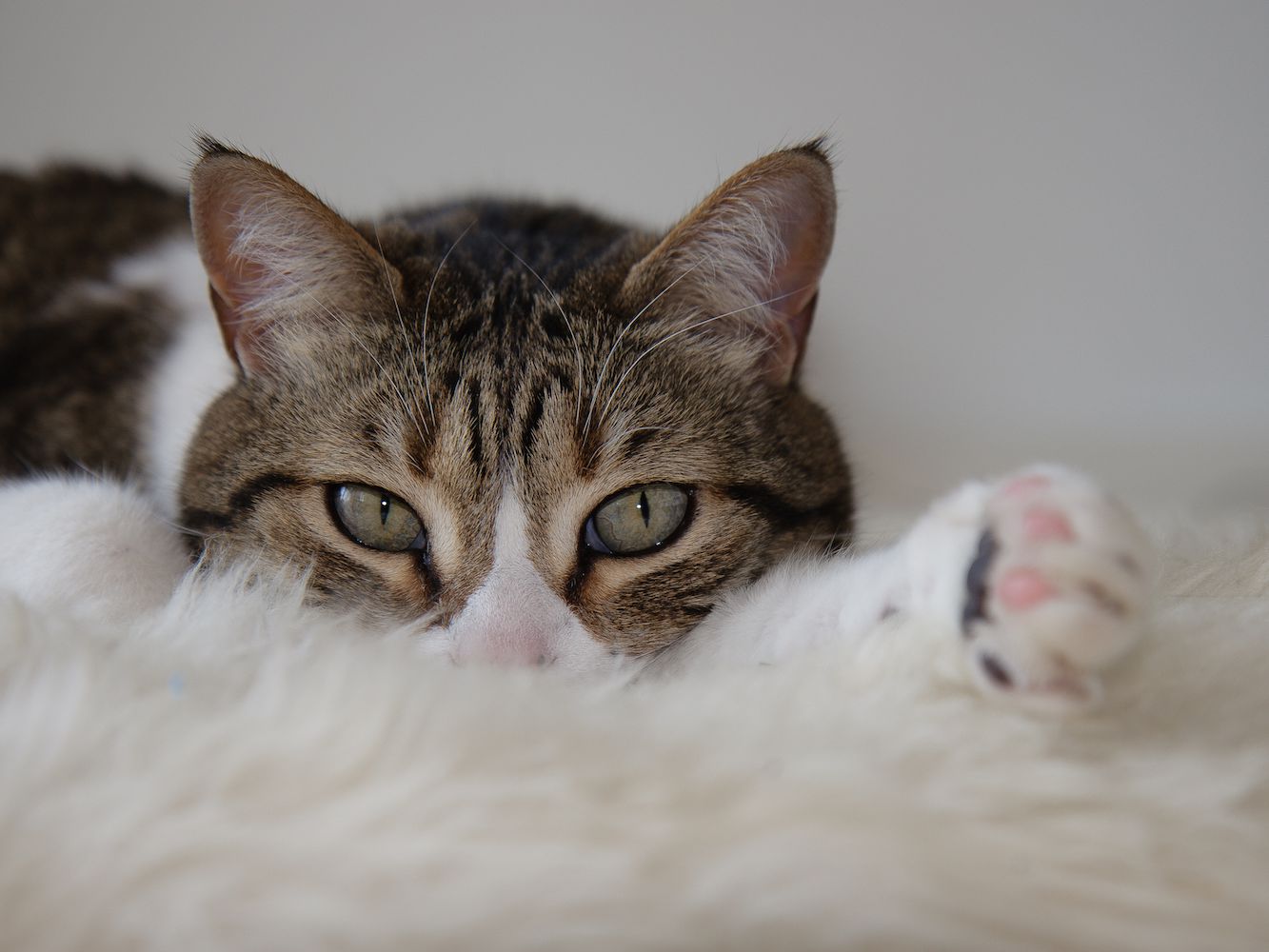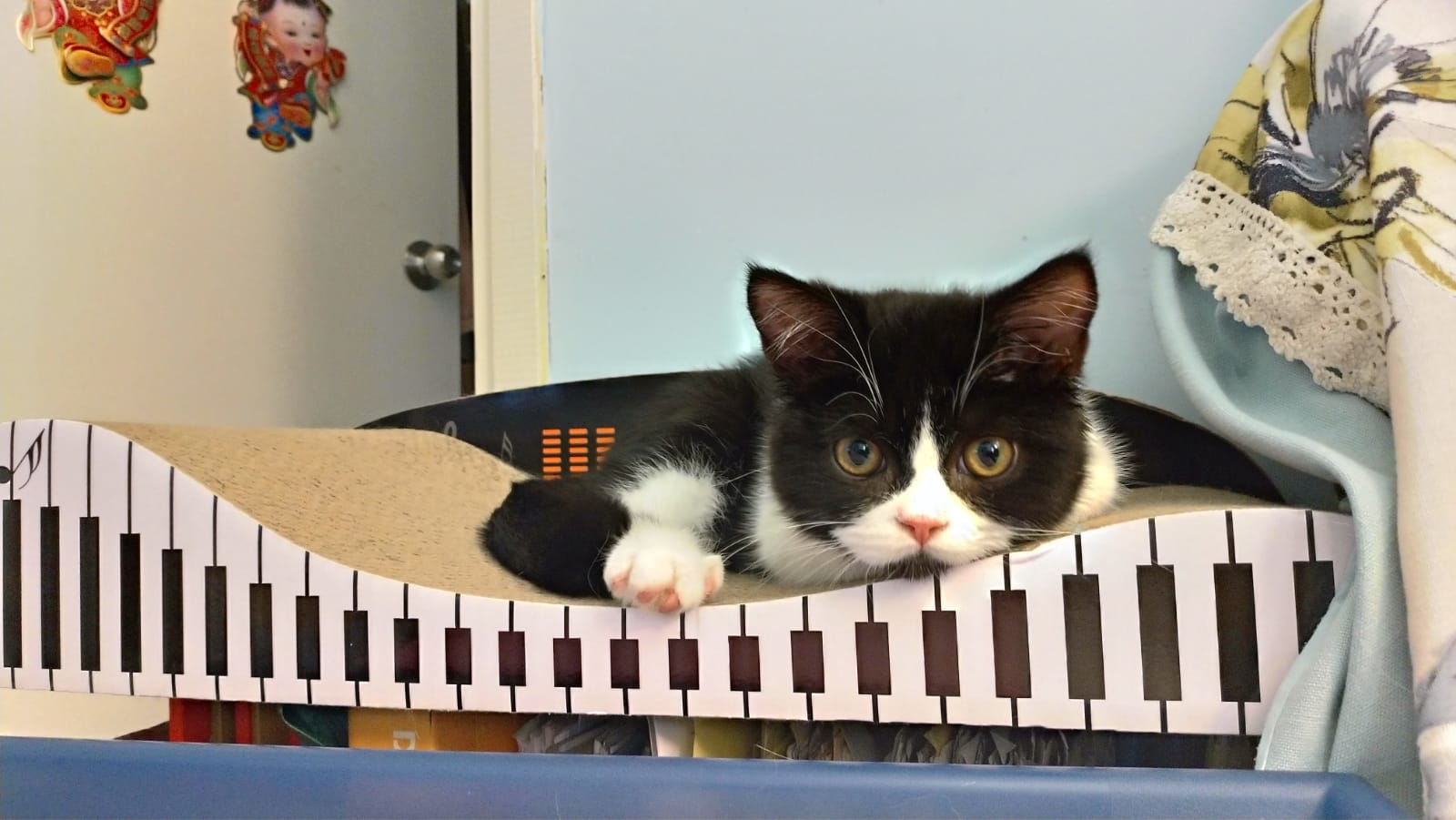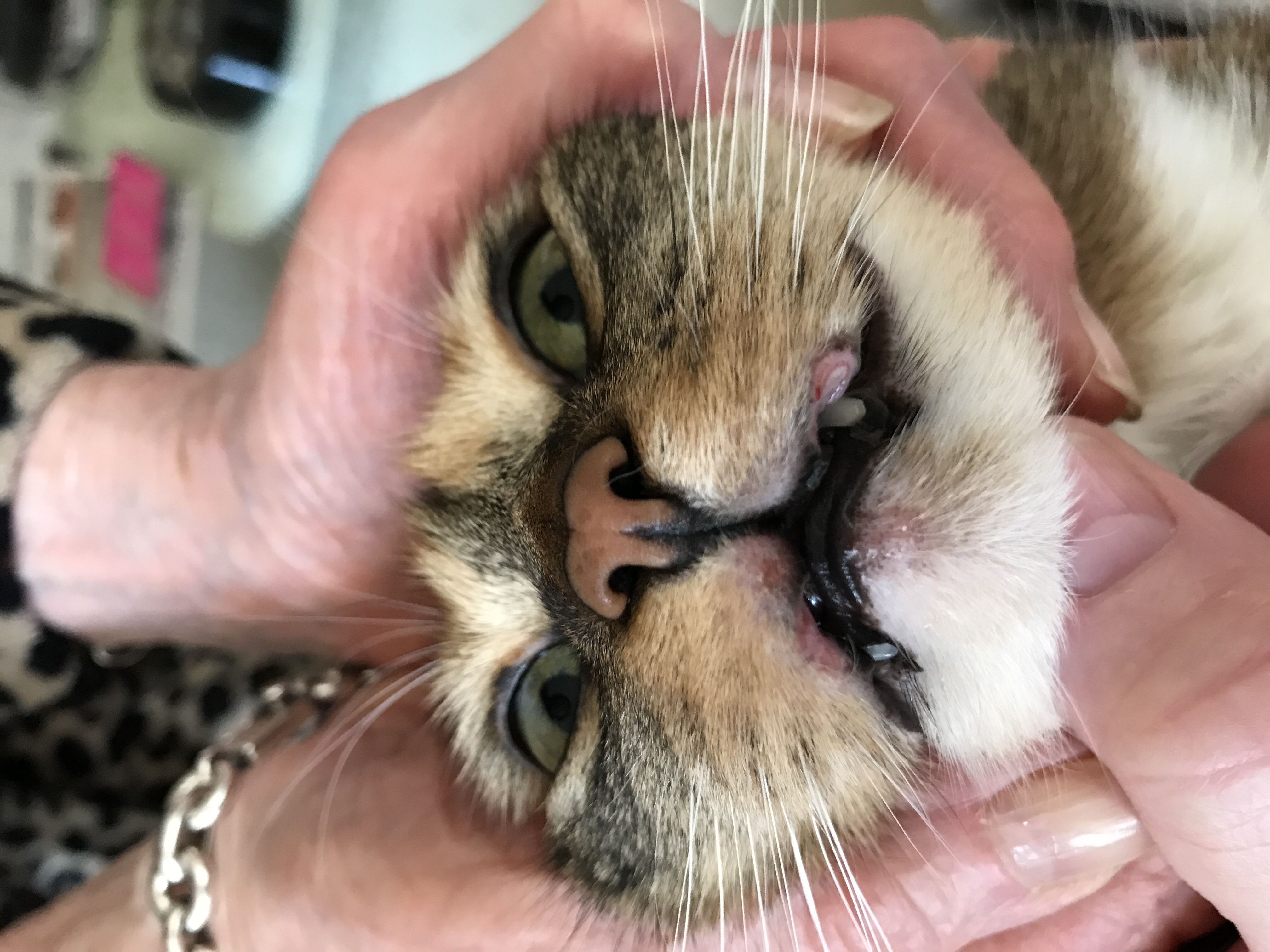
All About Cat Rodent Ulcers Information How to Diagnose and Treat -2020
Cat Rodent Ulcer
It seems to me unfair that rodents have their names attached to a disease they do not cause. In fact, the cause of rodent ulcers is not known, although researchers conjecture that the cause is either a derangement in the immune system or a virus.

Cat Rodent ulcer is a thickened, red, and ulcerated sore most commonly found on the upper lip. Other areas that may be affected are the inside of the mouth, the spaces between the digits, the skin of the belly, and the back of the hind legs. Red lesions and blisters on the nose, legs, or body or in the mouth may also be part of the “immune-mediated diseases,” anew complex of diseases diagnosed by a biopsy and special immune studies.
Cat Rodent Ulcer Treatment
If the infection is not too extensive, your veterinarian will inject corticosteroids directly into the sore and/or prescribe corticosteroid tablets to be taken for about a month. Most rodent ulcers will disappear if treated early – at least, the first time. Unfortunately, the recurrence rate is 10 to 25 percent within six months. Other modes of treatment for recurring rodent ulcers are megestrol acetate (Ovaban), agents that stimulate the immune system, radiation therapy, and surgery.

This disease requires patience from the veterinarian, the owner, and the cat because treatment is sometimes lengthy (in fact, a cat should be treated for at least a month with one agent before another drug is tried) and recurrences are not uncommon. But it is so satisfying to see the rodent ulcer respond to treatment and never come back.
Cat Rodent Ulcer Information
- A deep examination of the rodent ulcer should be made in order to find out whether the disease has originated from the squamous cells, carcinomas or fibrosarcomas. It would be quite a serious case of the disease has happened to be one of the side effects of the incidence of the leukemia virus.
- Rodents can also be caused due to the occurrence of dental infections or oral allergies. The weak immune system, change in diet, bites of insects like fleas especially in the facial region. Though not medically approved the heredity can also play the role of being one of the reasons behind the occurrence of cat rodent ulcers.

Though quite bothersome the occurrence of the cat rodent ulcer is temporary in nature and can be easily healed under proper medication.
